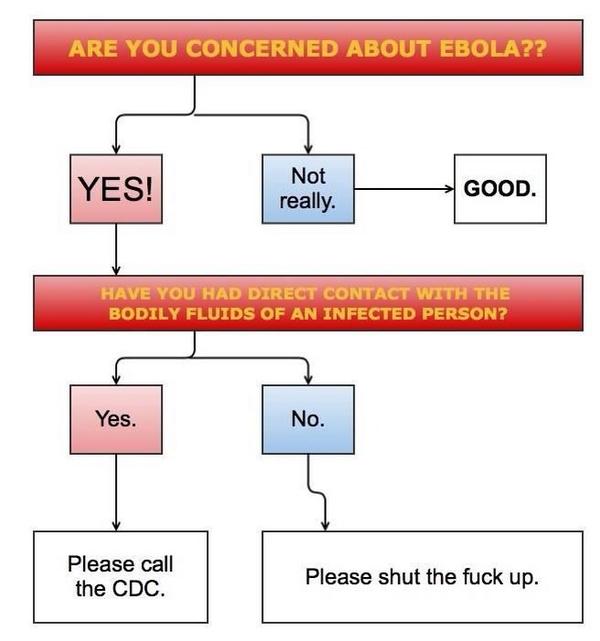Maybe “mindfulness,” at least as we conceive of it in the U.S. nowadays, has its drawbacks:
Humanity’s battle against its brain has, at least since written language commenced, been epic. Countless metaphysical fables and invasive therapies have been created to describe our place in existence and treat the neuroses that often follow. One of the most popular modern formats is the resurgence of Buddhist mindfulness, the practice of observing one’s thoughts as if watching passerby. As with prescriptions before it, there appears to be a danger involved.
Noticing your thoughts is much different than simply thinking. The neuronal firings that we term ‘thinking’ is so pervasive we hardly ever realize we’re doing it—until we attempt to stop (or, more realistically, slow) that rushing river of information. Only then do we realize that sitting in meditation has nothing to do with ‘doing nothing.’ As Buddhists are fond of saying, we are observing the observed.




